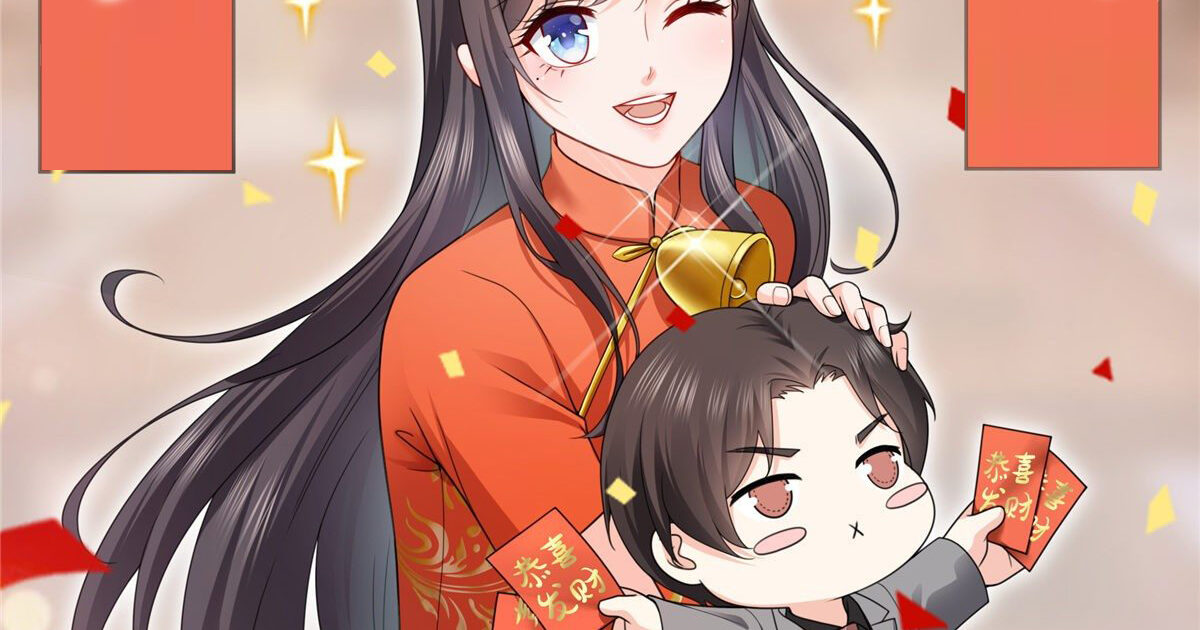Xem thêm
Xôi Lạc TV Cập nhập về bảng xếp hạng bóng đá Tây Ban Nha mới nhất
Bảng xếp hạng bóng đá Tây Ban Nha luôn là một chủ đề thu hút sự quan tâm của đông đảo người hâm mộ môn thể thao vua trên khắp thế giới. Giải bóng đá cao nhất tại Tây Ban Nha, được gọi là La Liga, luôn mang đến những trận cầu tấn công, kịch tính và hấp dẫn.
Trong bài viết này, chúng ta sẽ cùng nhau điểm qua bảng xếp hạng bóng...
Bắn cá đổi thưởng là gì? Kinh nghiệm chơi bắn cá đổi thưởng luôn thắng
Bắn cá đổi thưởng là gì?
Bắn cá đổi thưởng là một dạng trò chơi điện tử phổ biến trên các nền tảng di động và trực tuyến nha cai 789bet. Trong trò chơi này, người chơi sẽ được trải nghiệm việc bắn cá bằng cách sử dụng vũ khí ảo và cố gắng bắt được số lượng cá càng nhiều càng tốt.
Mục đích chính của bắn cá đổi thưởng là để...
Tỷ số trực tuyến - Cập nhật kết quả bóng đá nhanh chóng, chính xác
Với sự phát triển của công nghệ, việc cập nhật tỷ số trực tuyến ngày càng trở nên dễ dàng hơn. Trong bài viết này, chúng ta sẽ tìm hiểu về Cakhia Link - một trang web cung cấp dịch vụ xem trực tiếp bóng đá miễn phí và cập nhật tỷ số trực tuyến nhanh chóng, chính xác.
Hướng dẫn theo dõi Cakhia Link để xem trực tiếp bóng đá miễn phí
Cách truy cập...
Bongdainfo: Bí kíp cá cược kèo bóng đá hiệu quả cùng chuyên gia
Giới thể thao đang phát triển không ngừng và bóng đá luôn đứng đầu trong danh sách các môn thể thao phổ biến nhất trên toàn thế giới. Với sức hút mạnh mẽ từ sự đam mê của những người hâm mộ, nhu cầu tìm hiểu, cập nhật tỷ lệ cược và đánh giá nhà cái trở nên cấp thiết hơn bao giờ hết.
Chính vì vậy, sự ra đời của Bongdainfo đã mang đến một...
Bong da lu Xoilac TV - Điểm truy cập chất lượng cho các tín đồ bóng đá
Trong thời đại công nghệ phát triển như hiện nay, hình thức xem bóng đá trực tuyến trở nên ngày càng phổ biến. Trong số những trang web cung cấp dịch vụ này, Xoilac TV là một trong những trang web được nhiều người ưa chuộng nhất.
Trong bài viết này, chúng ta sẽ cùng tìm hiểu về thuật ngữ "Bong da lu", đặc điểm nổi bật Xoilac TV, độ tin cậy của thông tin trên trang web...
Bóng Đá Trực Tuyến Trải Nghiệm Từng Khoảnh Khắc Đỉnh Cao
Bóng đá luôn là một trong những môn thể thao được yêu thích nhất trên toàn thế giới. Không chỉ là một trò chơi, bóng đá còn là một hiện tượng văn hóa đã trở thành một phần không thể thiếu trong cuộc sống của hàng triệu người hâm mộ. Với sự phát triển của công nghệ, việc theo dõi các trận đấu bóng đá trực tuyến...
Roulette là gì? Kinh nghiệm chơi Roulette luôn thắng từ cao thủ
Roulette là gì?
Roulette là một trò chơi sòng bạc phổ biến tại nhà cái https://8day.cash/ và được biết đến trên toàn thế giới. Nó là một trò chơi sở thích trong các cơ sở cờ bạc truyền thống và cũng được cung cấp trong các sòng bạc trực tuyến.
Trò chơi roulette bao gồm một bàn roulette và một chiếc bánh xe roulette. Bàn...
Hướng Dẫn 3 Bước Đăng Ký Rikvip Nhanh Chóng Và Đơn Giản
Đăng ký rikvip giúp bạn tìm kiếm cơ hội đổi đời từ những trò chơi đổi thưởng uy tín tại sân chơi này. Bởi trên thị trường game online Châu Á, rikvip là địa điểm lý tưởng để những tín đồ đam mê trải nghiệm trực tuyến tham gia. Trong chuyên mục này, chúng tôi sẽ bật mí cách thức đăng ký tài khoản tại đây chỉ với 3 bước nhanh gọn, đừng bỏ...
Tìm hiểu về OKVIP - tập đoàn giải trí truyền thông về cá cược trực tuyến
OKVIP là tập đoàn giải trí truyền thông trực tuyến có trụ sở tại Campuchia, thành lập vào năm 2006. Chuyên cung cấp các dịch vụ giải trí và cá cược trực tuyến như casino, nổ hũ, đá gà, thể thao ảo,...
Không những thế tập đoàn này còn thường xuyên triển khai các chương trình khuyến mãi hấp dẫn dành cho khách hàng. Được...
truyện sắc dục
Tổng hợp các bộ truyện ngôn tình sắc nặng , ngôn tình sắc sủng (Thịt, H, 18+). Những bộ truyện ngôn tình 18+ hoàn này thường có yếu tố tình dục , cân nhắc trước khi đọc.
Copyright © 2023 All Rights Reserved.













